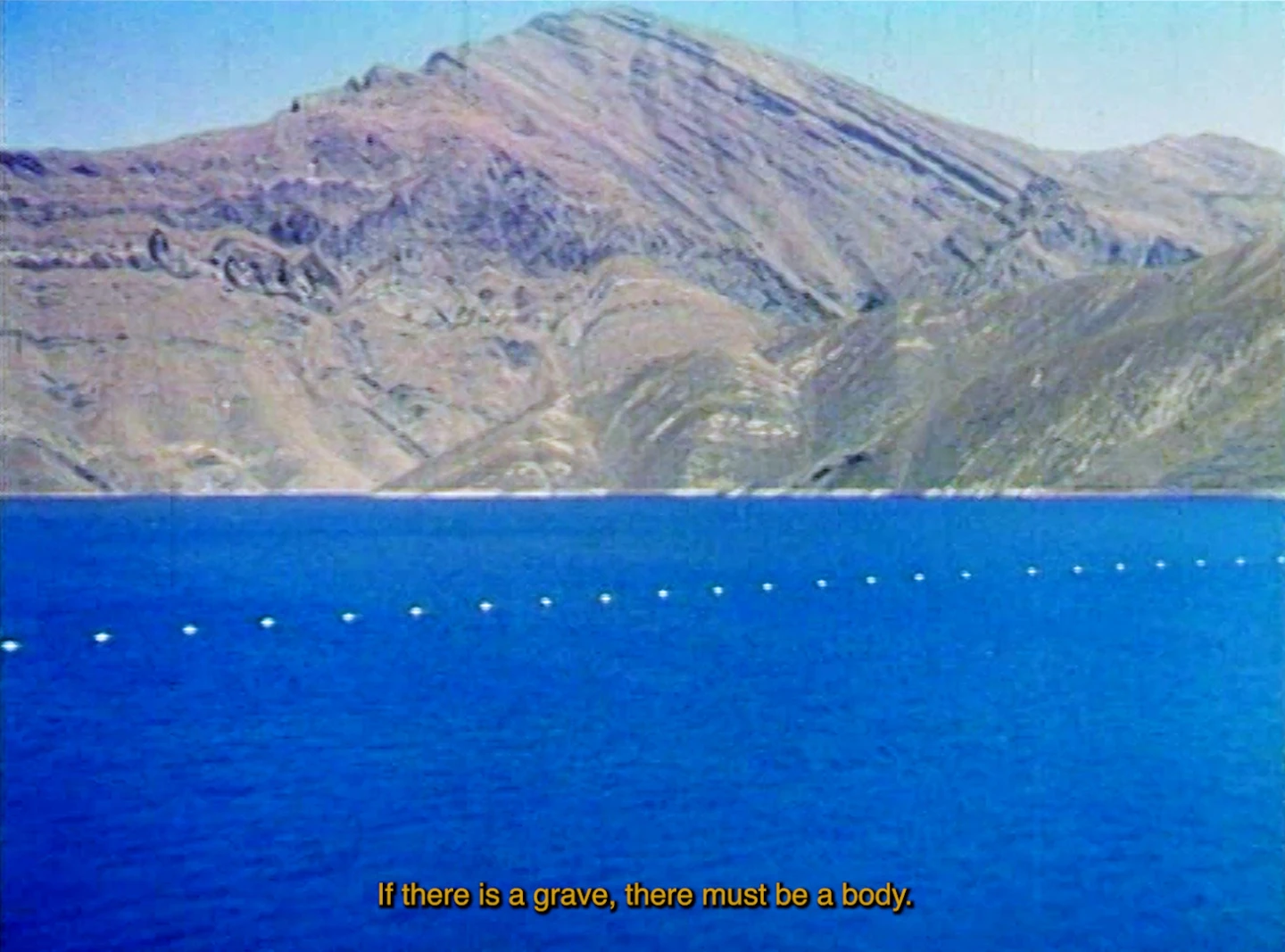Doclisboa, in partnership with the Cinemateca Portuguesa, will present a retrospective in October dedicated to the American filmmaker William Greaves (1926-2014), a key figure in African-American documentary and experimental cinema, whose work reflects a deep commitment to social justice, historical memory and freedom. Co-programmed with Scott MacDonald, one of the authors of the book William Greaves: Filmmaking as Mission, the retrospective offers a unique and revealing look at the work of this actor, director, producer and editor, and at his country, the United States of America.
The usual Anticipation Session of the retrospective, on the terrace of the Cinemateca, will take place on 4 July, with a screening of the film In the Company of Men (1969), a psychodramatic exercise with black workers and white managers in the American South. The full programme of the retrospective can be discovered from 16 to 26 October at Doclisboa.
Greaves began his career in the performing arts, before realising ‘the power of documentary as a tool for social transformation’, says Scott MacDonald. With no opportunities to study documentary filmmaking in the US, he moved to Canada to study at the National Film Board. He later returned home to set up William Greaves Productions with his partner, Louise Archambault Greaves.
He produced news for the US Information Agency on a shoestring budget, and was executive producer and co-host of Black Journal, episodes 1 – 24 (1968 – 1970), the first nationwide news programme to focus on the lives of African-American citizens. Greaves and his son, David, also documented the first fight between Muhammad Ali and Joe Frazier, in December 1970 (The Fight, 1973).
In the words of Scott MacDonald, from the vast oeuvre of ‘experiences that William and Louise Greaves produced to honour their commitment to helping cinema audiences become more aware of the history and diversity of modern culture’, Doclisboa and Cinemateca will be showing, in addition to those already mentioned, films such as The First World Festival of Negro Arts (1966), Space for Women (1981) and the essay film Symbiopsychotaxiplasm: Take One (1968), among many others.





